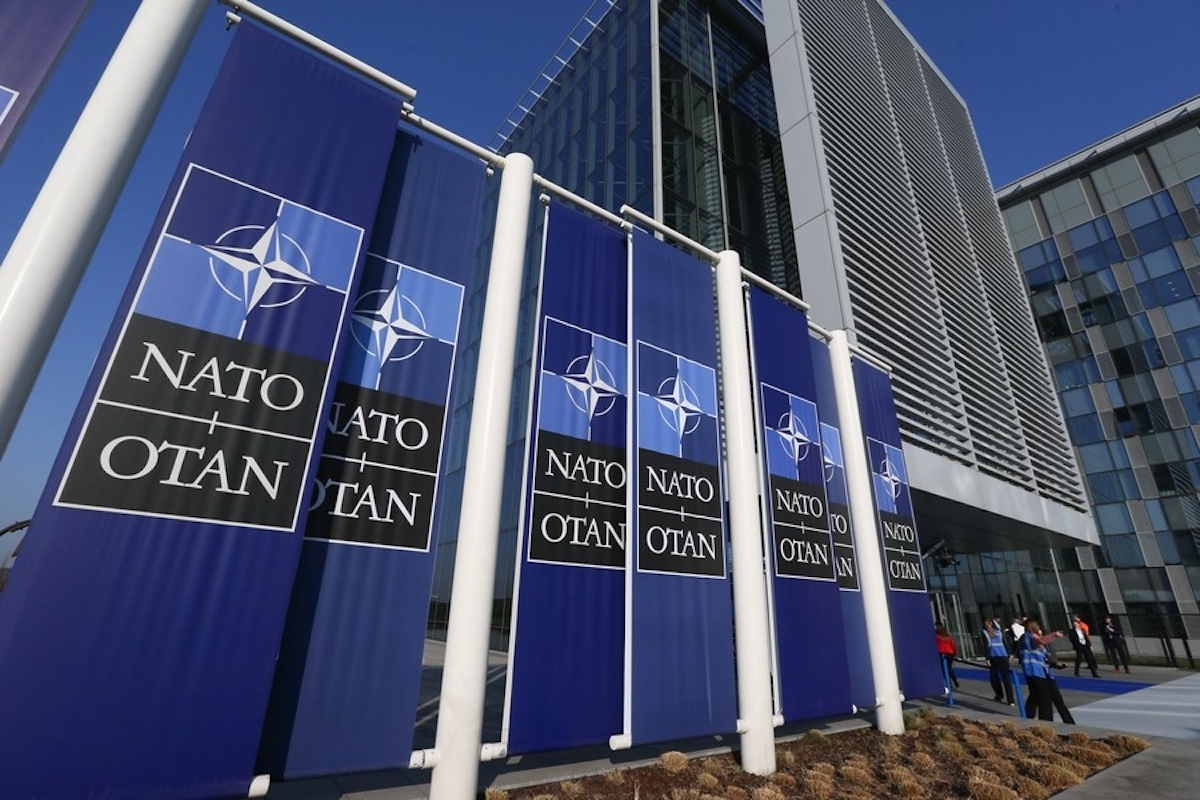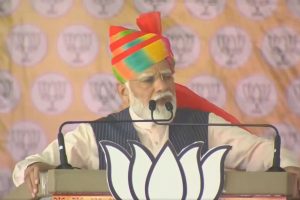For ivory tower international relations experts Realism with a capital “R” is a doctrine based on the stark understanding that powerful states do whatever they want to weaker states, tempered only by the degree to which more powerful states exercise wisdom in using limited resources, and thereby curb their ambitions in a world of treacherous rivals. Law, and indeed common sense, is brushed aside in ruthless pursuit of interests whenever state rulers reckon, sometimes mistakenly, that they can get away with it. In this rough universe there are no purely good guys and bad guys because everyone operates opportunistically under severe pressures and temptations. Still, states try to get along insofar as circumstances and interests allow. So, Realism as a philosophical outlook is not a pretty thing, lacks optimism, and leans toward endorsing, if not preserving, the status quo.
The sole virtue Realism champions is exercise of prudence when relating desires to the means available, which annoys superpowers that just don’t see the point of selfrestraint in grasping for their goals, often in the guise of “liberal humanitarian” interventions or some other verbal veil. Realists, to their credit, rarely fall for pious official cant of that oily kind. Realists, less convincingly, focus on the high strategic realm of diplomacy, and so pay scant attention to politics within national boundaries even though most nations deploy a sizable propaganda apparatus to persuade citizens that their leaders act nobly at all times. Still, foreign policy mandarins aren’t always sound in their scheming. Prudence can be tossed overboard, as during the Vietnam War when Realists such as Hans Morgenthau were horrified from the start by the arrogant idiocy of the enterprise. Realists can only admonish that nations will pay a high price for excesses, although usually, it is hapless citizenries, and not culpable elites, who suffer the most.
Remarkably, in mainstream eyes, Realism has become a reprehensible perspective, especially because its sour sages regard the US unromantically as just another bully prone to blundering. No worse than other imperial powers on the butcher’s bench of history, mind you, but no better either. The whole difference in performance depends on the quality of leadership which, in a US administration brimming with aggressive neoconservatives and liberal internationalists, is deplorable. High officials intoxicated by overestimates of American military and economic power indulge in foolish overreaching moves. These highly pedigreed plotters are like children hovering impudent feet over a line they are told they must not cross, and stamping them down. That juvenile pattern sums up Nato expansion right up to an incensed Russia’s borders. What does a state do, according to Realists, when threatened with encirclement by determined rivals? It does not matter who is in charge ~ Putin, a restored Gorbachev or a band of angels ~ Realism predicts that the provoked state ultimately must fight if the other states do not back off.
How does so elementary a playground wisdom get disregarded? Because threatening powers believe they can get away with it, and so far they have. Russia, and only Russia, is painted in the Western media as the villain. In the vaunted liberal rules-based international system, based on US rules, there curiously is no law against merciless provocation, only against responding to provocation. So, the University of Chicago’s John Mearsheimer, a prominent Realist, is excoriated for courageously pointing out what is obvious, that Nato (meaning the US) assiduously baited the Russians into its “special military operation” in the Eastern-most region of Ukraine already under murderous assault from Western Ukrainian forces over eight years during a civil war which the Western Press studiously ignores. Mearsheimer’s heretical case, easily found in cogent YouTube videos, is not remotely inaccurate, just terribly inconvenient to indignant authorities. The atmosphere could not be more hostile at present.
No Russian guided missile, according to Western media, can help but strike a kindergarten or a crowded shopping centre whilst smart Nato-supplied Ukrainian munitions miraculously never explode around civilians. That is the gist of reporting. Nixon era Realist Henry Kissinger, no hero of ours, likewise created ructions among super-sensitive elites when breaking ranks to urge negotiations to end the Ukraine war before it “created upheavals and tensions that will not be easily overcome.” Even the lordly Kissinger hits it right occasionally. Foreign policy, though, remains in the hands of shallow ideologues who are on the verge of scoring one of the greatest “own goals” of all time, especially in terms of enormous blowback in the US and Western Europe ~ and yet press dubiously on. How long can they continue this bloodbath farce of fighting Russia to the last dead Ukrainian??
The US government will swallow its press releases until the war hurts its own citizens in acute and obvious ways, and that point approaches. The cold war reflex against Russia is unlikely to survive price surges that are the entirely avoidable result of sanctions. What of Ukraine’s sovereignty? No Realist will tell you a given state has a “right” to sovereignty. Ukraine’s government, already deeply indebted and corupt by any measure, is bankrolled wholly by the US and Nato, who in 2014 aided the overthrow of its elected government and did so to cheers. Nato advisors afterward trained neoNazis with no misgivings abut deploying them to the Donbas war. We do not agree in all particulars with Realism but in time figures such as Mearsheimer and Kissinger will be proven painfully correct. Nothing is more foolish than to disregard Realism in any appraisal of world politics.











